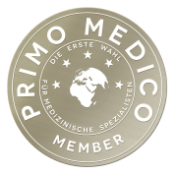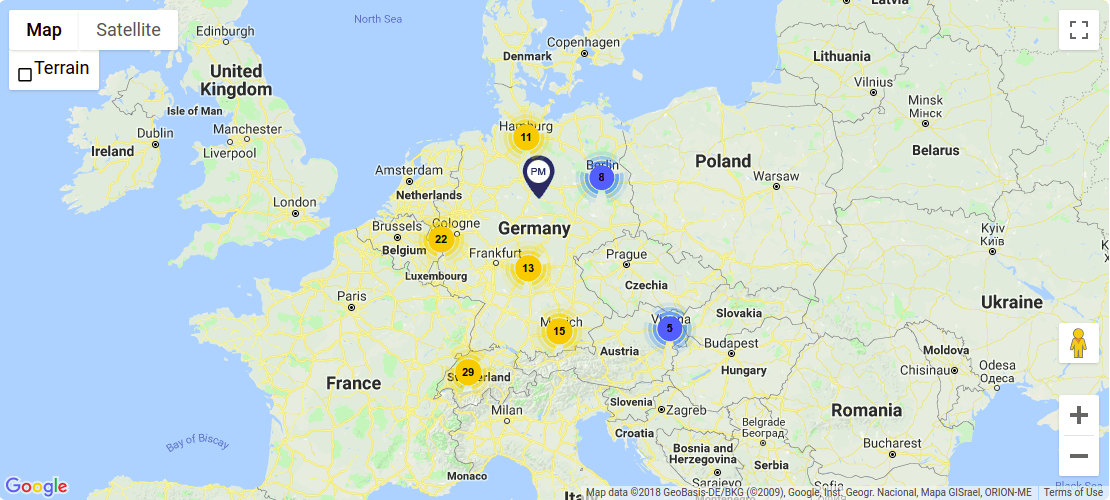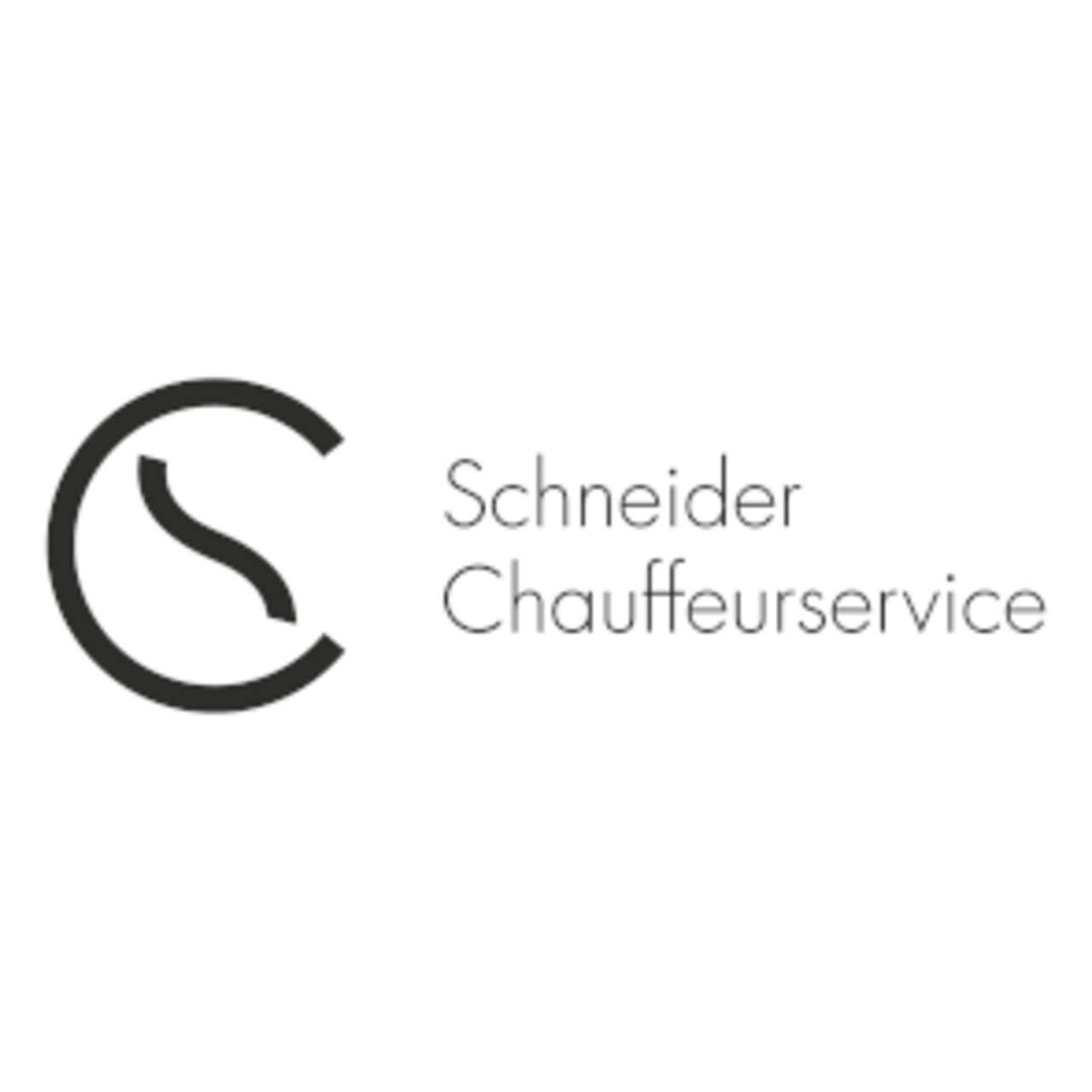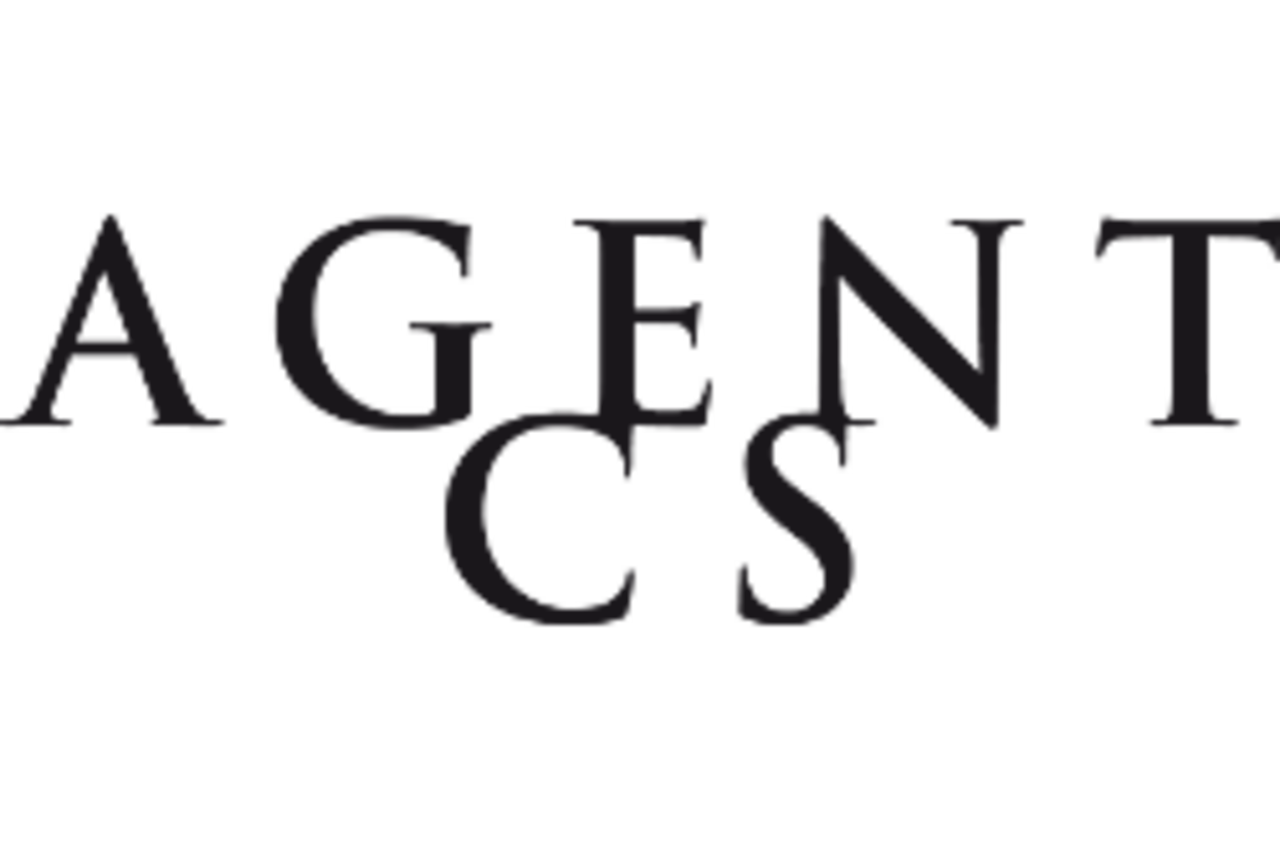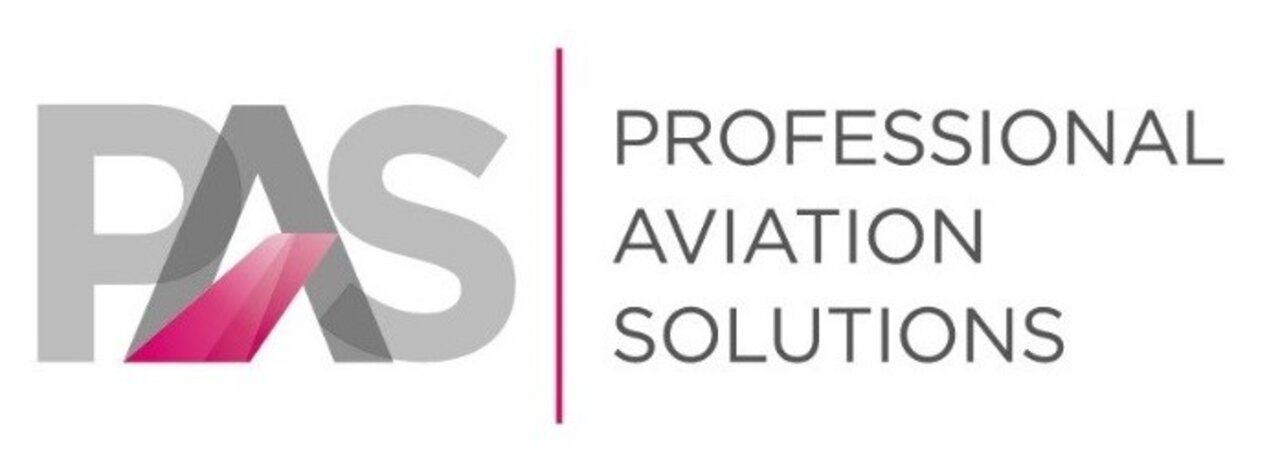Specialist for Shoulder and Elbow Surgery in Stuttgart (Baden- Wuerttemberg): Prof Dr Gühring
Treatment focus
- Shoulder, elbow, and acromioclavicular joint arthrosis and cartilage damage
- Rotator cuff lesions and pathologies of the long biceps tendon (LBT)
- Impingement syndromes, bursitis, and calcified shoulder
- Shoulder AC joint dislocations with labrum lesions, SLAP lesions, and AC instabilities
- Elbow injuries with tendon injuries and instabilities
- Fracture treatment and secondary conditions of the shoulder, elbow, hand, knee joint, and upper ankle joint
Medical Range
Range of Diagnostic Services
- Open magnetic resonance imaging (MRT)
- Sonography of the musculoskeletal system
- Digital X-ray machine
- Intraoperative X-ray
Range of Therapeutic Services
- ACP (autologous blood therapy)
- Injection therapies in joints
- Fat stem cell therapy (shoulder)
- Focused shock wave therapy
More Information
Card
Prof Dr Thorsten Gühring is a specialist in shoulder and elbow surgery and sports traumatology in Stuttgart.
Being a certified shoulder and elbow expert of the German Society for Shoulder and Elbow Surgery (DVSE), Prof Gühring's range of treatments covers the entire spectrum of reconstructive and endoprosthetic shoulder and elbow surgery, including all sports injuries. Depending on requirements, he carries out arthroscopic and open surgery.
Many Years of Experience in the Treatment of Shoulder, Elbow, and Acromioclavicular Joint Arthrosis
Arthrosis is a degenerative joint disease characterized by the age-related reduction of joint cartilage and can lead to pain, stiffness, and limited mobility. In principle, any joint in the body can be affected by stress-induced degeneration. However, the highly mobile joints of the upper and lower extremities are mainly affected, and the shoulder is very susceptible due to the enormous range of motion.
Prof Gühring specializes in the treatment of arthrosis complaints of the upper extremities. He has many years of experience, particularly in the conservative and surgical treatment of shoulder girdle and elbow joint arthrosis.
He initially focuses on conservative treatment options, such as physiotherapy, anti-inflammatory medication, and injections directly into the joint space. He recommends injections such as autologous blood therapy (ACP) or hyaluronic acid; in some cases, cartilage regeneration can even be achieved through fat stem cell therapy. If the symptoms do not improve, Prof Gühring advises minimally invasive procedures during arthroscopy, which can also be combined with conservative measures.
An artificial joint is often the only solution if the arthrosis is advanced. In such cases, Prof Gühring uses anatomical or inverse shoulder prostheses. Thanks to his wide range of experience, extensive clinical expertise, and scientific commitment, he has gained a national reputation as an expert. He implants well over 150 artificial shoulder joints every year. Precise 3D planning is also essential so that the precisely fitting individualized artificial joint can be inserted as an anatomical or inverse prosthesis with the least possible bone loss.
He considers early diagnosis particularly important, as this, together with the appropriate interventions, is the most important factor in effectively alleviating symptoms, improving the quality of life of those affected, and using suitable procedures to postpone the time for an artificial joint in favor of joint-preserving procedures.
State-of-the-Art Surgical Treatment for Rotator Cuff Lesions and Pathologies of the Long Biceps Tendon
Suppose the muscular support apparatus of the shoulder joint is damaged. In that case, surgical treatment is usually necessary to maintain safe and stable mobility, especially if conservative measures have brought only minor improvements. In these cases, Prof Gühring prefers arthroscopic procedures with the most modern and tissue-sparing access methods, in which a camera lens and various instruments can be inserted into the joint space via minimal skin incisions.
This allows Prof Gühring to suture tendon ruptures caused by degeneration or accidents, the tendons are re-anchored in bones in these cases. Tissue grafts with artificial tendons or the long biceps tendon can be used for significant tendon defects. The bone attachments that are often important in the formation of tendon defects should always be removed in order to achieve faster and more sustainable healing after the surgery. In many cases, the shoulder can be moved passively after keyhole surgery. Postoperative rehabilitation also plays a decisive role in strengthening the muscles and regaining full mobility of the affected arm.
Even in cases of long biceps tendon (LBT) disorders, fixation can be carried out in the form of a tenodesis, in which the LBT is attached to the humeral head outside the joint using a tendon anchor. Such minimally invasive arthroscopic procedures aim to relieve pain, restore shoulder function, and, therefore, often also the ability to do sports.
Impingement-Syndrome of the Shoulder
Impingement syndrome of the shoulder is a painful bottleneck syndrome in which bones or soft tissue structures compress the tendons in the shoulder joint. This leads to friction, inflammation, and damage to the rotator cuff tendons, resulting in chronic pain and joint stiffness.
Prof Gühring initially recommends conservative measures such as physiotherapy or the injection of anti-inflammatory medication with autologous blood (ACP). If symptoms persist, arthroscopic decompression may become necessary, where the pressure on the affected structures is reduced as part of a minimally invasive surgery to improve the mobility of the shoulder and relieve the pain.
Shoulder Dislocation and Instability
As a shoulder specialist, Prof Gühring has many years of experience treating shoulder dislocations and the resulting instability of the joint. His treatment concept includes conservative approaches such as physiotherapy to strengthen the supporting muscles and stabilize the joint.
In recurrent cases and more severe injuries involving bony structures or tears to the joint capsule and joint labrum, surgical intervention may be necessary. Especially in young patients, minimally invasive Bankart surgery becomes necessary, in which a tear of the stabilizing labrum joint lip is reconstructed with bone anchors to achieve complete fitness for sport and weight-bearing.
Surgical options vary from arthroscopic repairs to rare open procedures. A comprehensive approach that combines rehabilitation and targeted measures is crucial to restoring a functional and, above all, stable shoulder.
Experienced Specialist for Elbow Injuries with Tendon Injuries and Instabilities
As a renowned specialist in elbow injuries, Prof Gühring has extensive experience in clinical evaluation and profound expertise in the interpretation of diagnostic imaging. Depending on the individual findings, Prof Gühring treats instability in the elbow joint, which often results from a sports injury, using either an open or arthroscopic technique. A multimodal approach with physiotherapeutic care and, if necessary, autologous blood therapy is initially advisable to achieve functional and stable healing of the elbow joint, especially if tendons are involved. In cases of severe arthrosis and accidents, Prof Gühring also implants prostheses in the elbow joint.
Significant Experience in the Treatment of Epicondylitis (Tennis and Golfer's Elbow)
Epicondylitis of the elbow, also known as tennis elbow or golfer's elbow, is a painful inflammation of the tendons at the attachment points of the forearm muscles, originating from two bony protrusions of the humerus slightly above the elbow joint. In the case of the tennis elbow, this affects the outside of the elbow and the inside of the elbow in the case of the golfer's elbow. Overuse, repetitive movements, and incorrect techniques can lead to micro-injuries.
Typical symptoms include pain, weakness, and restricted movement. The conservative treatment strategy includes rest, physiotherapy, anti-inflammatory medication, autologous blood therapy (ACP), and specific exercises. In chronic cases, Prof Gühring treats the tendon insertion site surgically to alleviate the symptoms in the long term. Occasionally, there may also be joint instability, in which case Prof Gühring will carry out tendon augmentation procedures and ligament plastic surgery.
Renowned Specialist for Sports Injuries and Work-Related Accidents
Prof Gühring is a passionate sportsman and therefore cares enthusiastically for his patients with sports injuries of any type. Although he also enjoys treating patients with tendon injuries and upper ankle or knee fractures, sports injuries to the upper extremities are also his specialty. In addition to shoulder dislocations, he also treats the typical acromioclavicular joint (AC joint) dislocations and instabilities using modern minimally invasive procedures and, in chronic cases, autologous ligament plasty (with tendon harvesting from the knee) using arthroscopic procedures (AC plasty). The entire spectrum of chronic secondary damage to the AC and shoulder joint is also part of Prof Gühring's surgical and conservative treatment spectrum.
Prof Gühring is also authorized to advise and treat patients with work-related injuries during his consultation hours. He can carry out outpatient or, with his cooperation partners, inpatient procedures of the highest degree of difficulty.
Please visit the website of the Orthopedic Clinic Stuttgart-Botnang for further information.
Curriculum Vitae
Professional Career
| Since January 2021 | Head Physician for Shoulder and Elbow Surgery, Sports Traumatology and Trauma Surgery, Accident Insurance Consultant, Diakonie-Klinikum Stuttgart |
| Since January 2019 | Head Physician and Accident Insurance Physician Arcus Sportklinik Pforzheim |
| Since February 2017 | Managing Senior Physician, BG Klinik Ludwigshafen |
| Since August 2016 | Head of Revision Surgery Section, BG Klinik Ludwigshafen |
| Since August 2015 | Head of the Center for Geriatric Traumatology (LuisA), BG Klinik Ludwigshafen |
| Since October 2014 | Permanent Accident Insurance Consultant Representative of Prof Grützner |
| April 2013–July 2016 | Senior Physician, Representative Head of Shoulder and Elbow Surgery, Trauma Surgery and Orthopedics, BG Klinik Ludwigshafen (Prof Grützner) |
| January 2012-December 2012 | Visceral and Thoracic Surgery Rotation (Prof Willis, Klinikum Ludwigshafen) |
| January 2007-December 2011 | Assistant Physician, Clinic for Trauma Surgery and Orthopedics, BG Trauma Clinic Ludwigshafen (Prof Wentzensen) |
| January 2006-December 2006 | DFG Scholarship University of Oxford, England (Prof Urban) |
| August 2003-December 2005 | Assistant Physician at Heidelberg University Orthopedic Hospital (Prof Ewerbeck) |
Academic Career
| 05/05/2015 | Extraordinary Professor at the Heidelberg University |
| 02/09/2011 | Venia legendi for the Subject Orthopedics and Trauma Surgery Heidelberg University (Prof Wentzensen, Prof Ewerbeck) |
| 23/06/2003 | Quantitative Multisite Reflection Ultrasonometry and Digital Radiogrammetry (Prof Wüster, Heidelberg University) |
Team
 Dr Johannes Kolbe
Dr Johannes Kolbe
Specialist in Arthroscopic Knee and Shoulder
 Dr Andreas Lausegger
Dr Andreas Lausegger
Specialist in Arthroscopic Knee
 Dr Julian Kurz
Dr Julian Kurz
Specialist in Arthroscopic Knee
 Dr Michael Mitrovics
Dr Michael Mitrovics
Foot Surgeon and Chirotherapist
 Dr Andrea Leitenberger
Dr Andrea Leitenberger
Hand Surgeon
Transport Connections
| Eltinger Straße Subway Station | 130 m |
| Stuttgart Main Station | 9 km |
| Stuttgart Airport | 20 km |
Information about Stuttgart
Stuttgart is Germany's sixth largest city and the capital of Baden-Württemberg with a population of 635,000. People from over 170 nations live together peacefully and organise everyday life together. The state capital boasts magnificent palaces, pioneering new buildings and bold architecture. From the automobile museum and baroque palace to the world's first reinforced concrete television tower - Stuttgart attracts visitors with its impressive sights.


